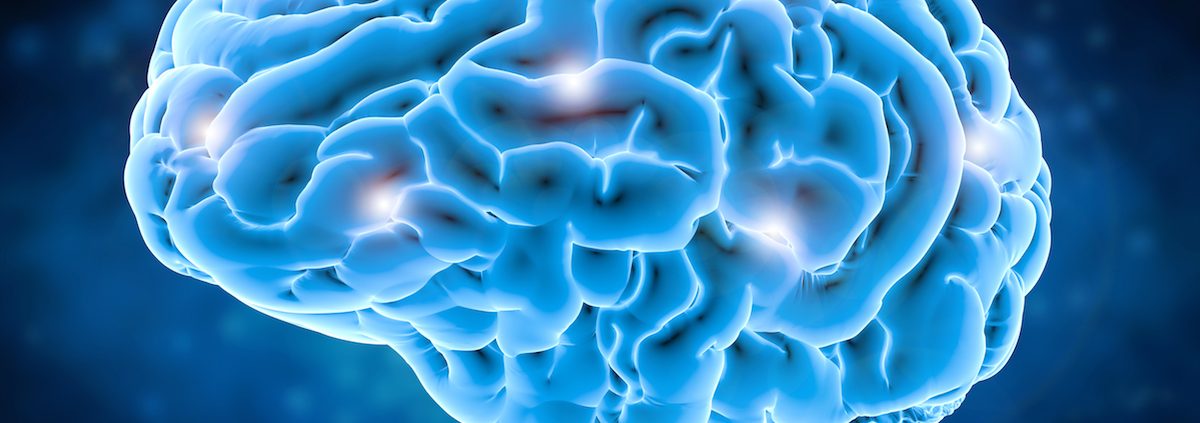Anxiety, depression and the Gut
Anxiety and depression are a significant health burden, with an estimated 20% of adults in the UK being affected. Whilst the use of antidepressants/anti-anxiety medications often provides effective relief, considerable side effects are common.
Anxiety and depression are often closely associated with digestive dysfunction/Irritable Bowel Syndrome (IBS), suggesting that imbalances (dysbiosis) in the micro flora (bacteria) may well be playing a significant role. Research suggests that a balanced and diverse micro flora in the gut plays a central role in overall well-being. In fact the science in this particular area of research is moving at a rapid pace with the recognition of distinct ‘gut-organ’ interactions and dependencies such as the gut-brain axis.
The gut-brain axis is irrefutable. We now know that this axis is controlled by a mixture of nervous, endocrine (hormonal) and immune system mechanisms. There is a continuous bidirectional conversation using small proteins (peptides) that are produced by specialist cells in the gut lining. The gut is the largest hormone and neurotransmitter producing mammalian organ, producing over 90% of serotonin (the very neurotransmitter that selective serotonin reuptake inhibitors or SSRI antidepressants, aim to increase between the neurons in the brain).
Human studies show that the brain can be affected by modulating the balance of the microflora (bacteria) in the gut and that each and every lifestyle choice that we make (food/drink choices, exercise, stress and toxic load) changes both the composition and diversity of these bacteria.
Interestingly, research now specifically connects gluten related disorders (the umbrella term for coeliac disease, non-coeliac gluten/wheat sensitivity and wheat allergy) to the initiation of dysbiosis, neuroinflammation and the disruption of the gut/brain axis and the manifestation of anxiety and depression.
Other recent work has shown that stress can cause ‘leaky gut’ (either between or through the cells of the gut lining) which can facilitate the movement of the ‘exhaust’ of bad/pathogenic bacteria into systemic circulation, often driving inflammation, which is now known to be a key driver of depression.
Clinically, clients presenting with anxiety and depression often see significant and sustainable improvements in their mental health by working hard on correcting any identified imbalances in their gut health, whilst also consuming an appropriate wholefoods diet and making sensible lifestyle choices. This often leads to the cessation of medications. Please note however that stopping any medication should always be done under the guidance and full knowledge of your GP.


 RT
RT 

Leave a Reply
Want to join the discussion?Feel free to contribute!